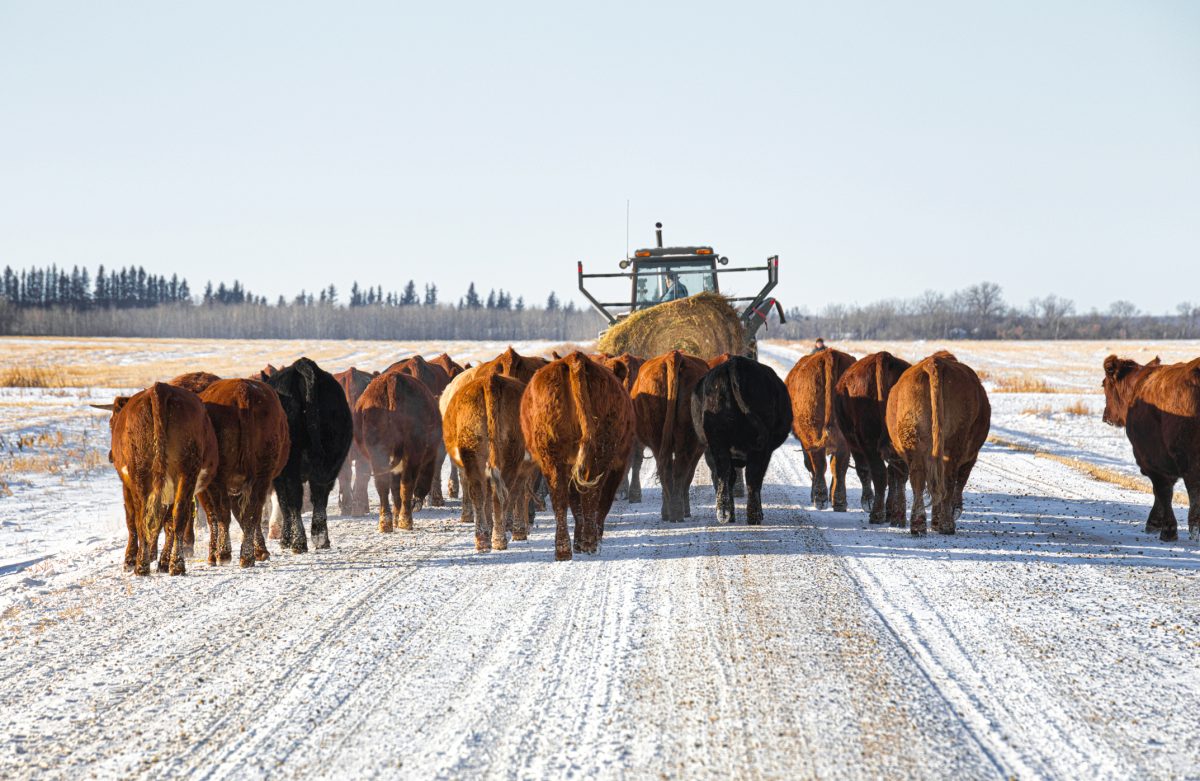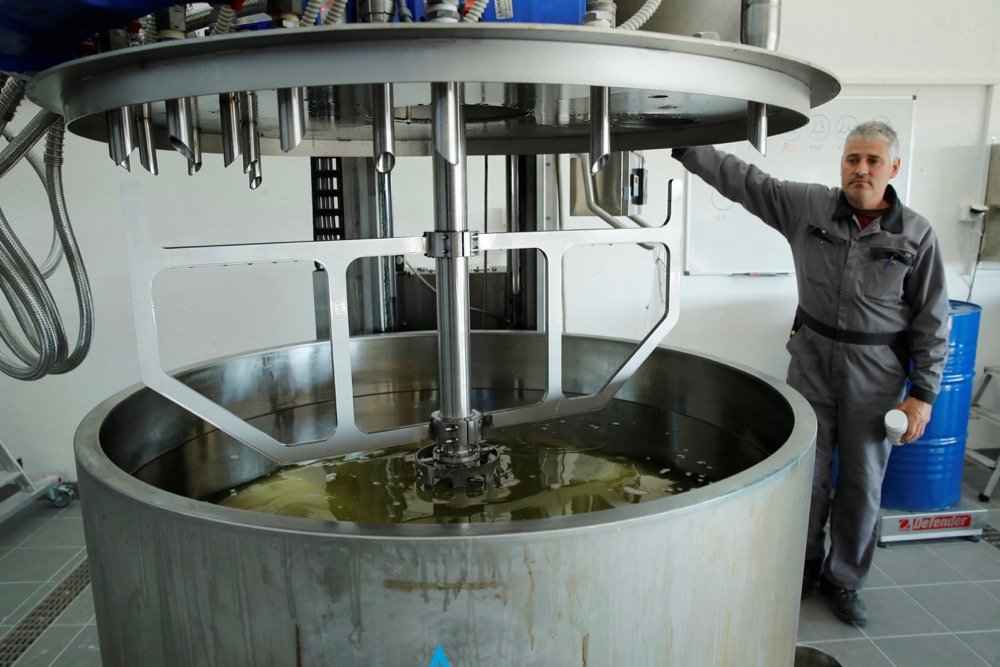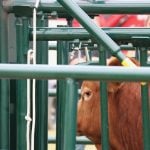The owner of Canadian coffee-and-donut giant Tim Hortons and North America’s No. 2 burger chain, Burger King, has reset its goal to take the chains’ egg supplies “cage-free.”
Restaurant Brands International, the parent firm for the two chains since their merger in late 2014, announced Monday it will move to 100 per cent cage-free eggs for all Tim Hortons and Burger King stores in Canada, the U.S. and Mexico by 2025.
Oakville, Ont.-based RBI said Monday it’s also “committed to transitioning to 100 per cent cage-free eggs globally” but did not give a timeline for that move.
Read Also

U.S. livestock: Cattle, hogs rally
Chicago Mercantile Exchange cattle and hog futures rallied on Tuesday. Most-active April live cattle gained 2.900 cents to close at…
The company also said it “continues to develop our sustainability framework and broader animal welfare strategy for release later in 2016.”
The chains’ egg-based menu offerings include Tim Hortons’ B.E.L.T. bagels, breakfast sandwiches and breakfast wraps and Burger King’s Croissan’wiches, breakfast biscuits, breakfast muffins, hash brown burritos and Ultimate Breakfast Platter.
RBI said Monday its “global commitment is to improve animal welfare in our supply chain. While we are not directly involved in the raising, handling, transportation or processing of animals, we consider animal welfare to apply to all aspects of farm animal care within our supply chain.”
Tim Hortons had set a target in 2012, before the RBI merger, to source at least 10 per cent of its eggs from producers using “enriched hen housing systems” by the end of the following year.
The company said at the time its 10 per cent pledge on eggs alone would represent “significantly more than 10 million eggs.”
Sayara Thurston, campaign manager with the Canadian arm of Humane Society International, described the company’s announcement Monday in a separate release as “tremendous news for millions of animals.
“Timmie’s joining the cage-free movement is a clear signal that the future of Canadian egg production must be cage-free.”
RBI also said Monday it would “continue engaging with our partners at the Humane Society of the United States and Humane Society International to better understand this issue and others like it.”
Josey Kitson, executive director for World Animal Protection Canada, called the move “the most substantial cage-free sourcing commitment made by a Canadian restaurant chain we’ve seen to date.”
Such a pledge, she said, “will positively impact the lives of more than 650,000 laying hens in Canada alone.”
Across Canada, WAPC said, over 28 million laying hens are kept in conventional battery cages with “little room to stretch their wings or move around freely.”
Conventional cage systems have been in use in North America since the 1920s, billed as a way to improve egg production, efficiency and bird biosecurity, provide all birds with equal access to food and water, limit hens’ exposure to pathogens in manure, prevent violent pecking between hens and protect against predators.
However, cage housing has come under increasing criticism over the past few decades, particularly for the small space afforded per hen and for the cages’ limits on birds’ natural behaviours such as walking around, wing flapping, body shakes, nesting, roosting, perching, scratching, foraging and stretching.
“With this announcement by Tim Hortons, it’s never been clearer that the days are numbered for egg factory farmers who pack birds in cages so small they can’t walk, spread their wings, or engage in other natural behaviours,” Nathan Runkle, president of Mercy for Animals, said in a separate release.
RBI’s move, the group noted, follows similar announcements on egg sourcing in recent months by chains such as Subway, McDonald’s, Wendy’s and Starbucks.
“It’s high time the rest of the food industry, including Swiss Chalet and Harvey’s, acknowledged that cramming birds into cages barely larger than their bodies is cruel and has no place in a civilized society,” Runkle said. — AGCanada.com Network














